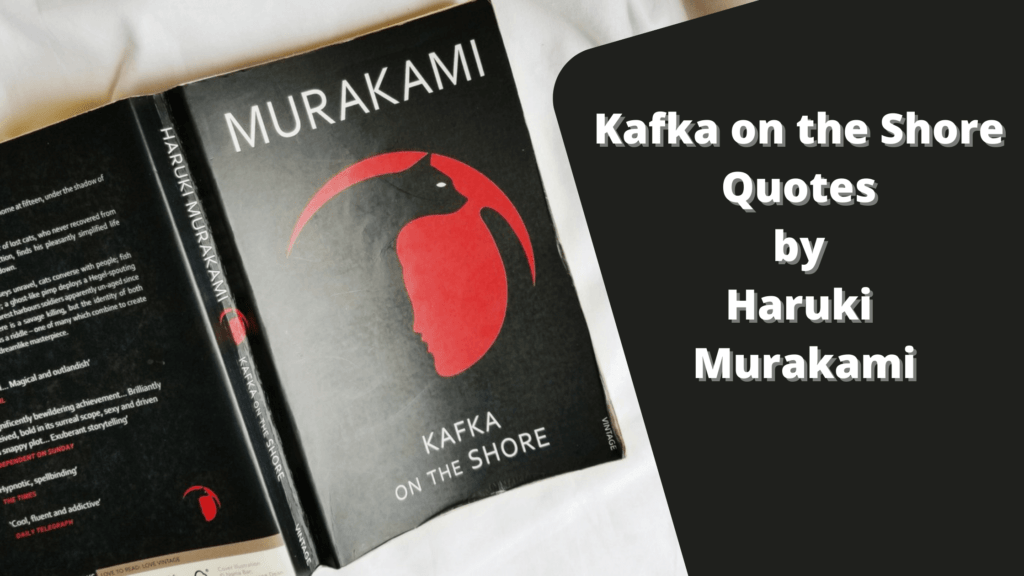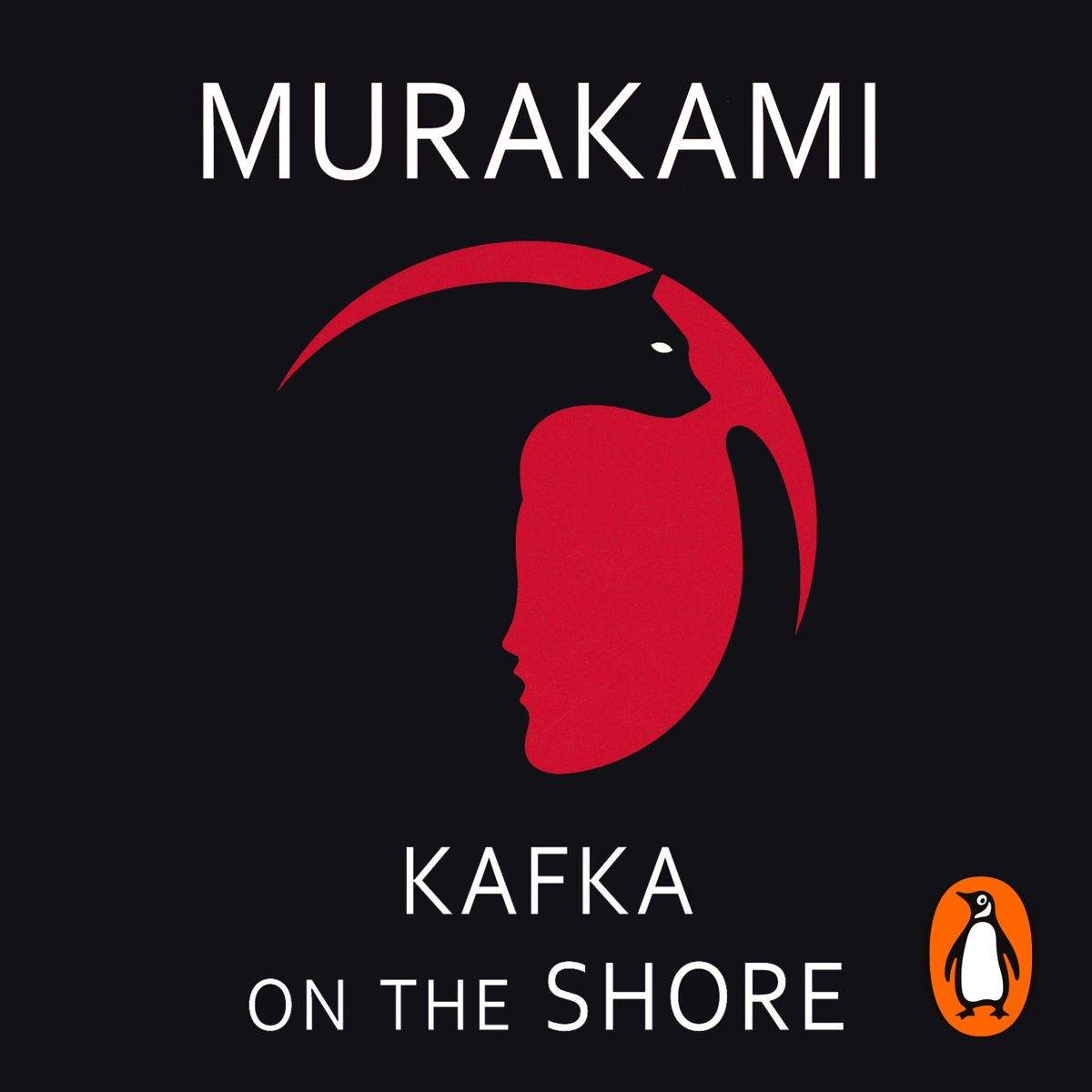
In other words, our very own conception of our own “self” is the product of the dialectic between others and me. In the master-slave dialectic, Hegel argued that the self is only realized in relationality to others. Hegel also extended this idea of dialectics beyond the realm of arguments and into the realm of the self. Hegelian dialectics, unlike Socratic dialectics, did not necessarily have an undisputable truth that would be reached. And thus, this premise would repeat infinitely. This synthesis would then become a new thesis, giving rise to another antithesis. Hegel took this idea one extra step-one party would again present the thesis and the other would present the antithesis, and eventually come to a synthesis.


The Socratic dialectic was the model for producing truth about reality. The two parties would then discuss the problem through reasoned arguments, and eventually come to a synthesis. One party would present an argument (the thesis), while another party would present a rebuttal (the antithesis). In Ancient Greece, dialectics was a method of argument used to resolve disagreements. The reader would, in fact, miss the world-building aspect of the novel that emerges through its exercise of dialectics. To do so would not only be exceedingly frustrating. Others complain about how Kafka Tamura “fulfills” his father’s prophecy, thinking that some parts of it was a cop-out.īut it would be a mistake to read this book for its plot, for its story. Reviewers have left scathing reviews on how the novel ends abruptly, how it seems to brush aside such fantastical events without a bat of the eye. Many readers have expressed frustration and have personally asked Murakami how the plot functions. The plot is hopelessly broken and fraught with holes. The incident left him unable to function like a “normal” human being, but gifted him with the ability to make it rain sardines and mackerel, talk to cats, and lead strangers on magical adventures.ĭespite this interesting premise, the plot is not really worth discussing. Nakata, a 60-something year old man who never recovered from a mysterious wartime incident. Both of them disappeared from his life at the age of 4. At the same time, he also seeks out his sister and mother. The first is about a fifteen-year old boy named Kafka Tamura who runs away from home to escape a curse his father claims he would fulfill-that he would kill his father, sleep with his mother, and sleep with his sister.

With this book, the reader gets two stories in one. What if the world was just one big metaphor? Kafka on the Shore, written by Haruki Murakami, tackles this question.


 0 kommentar(er)
0 kommentar(er)
